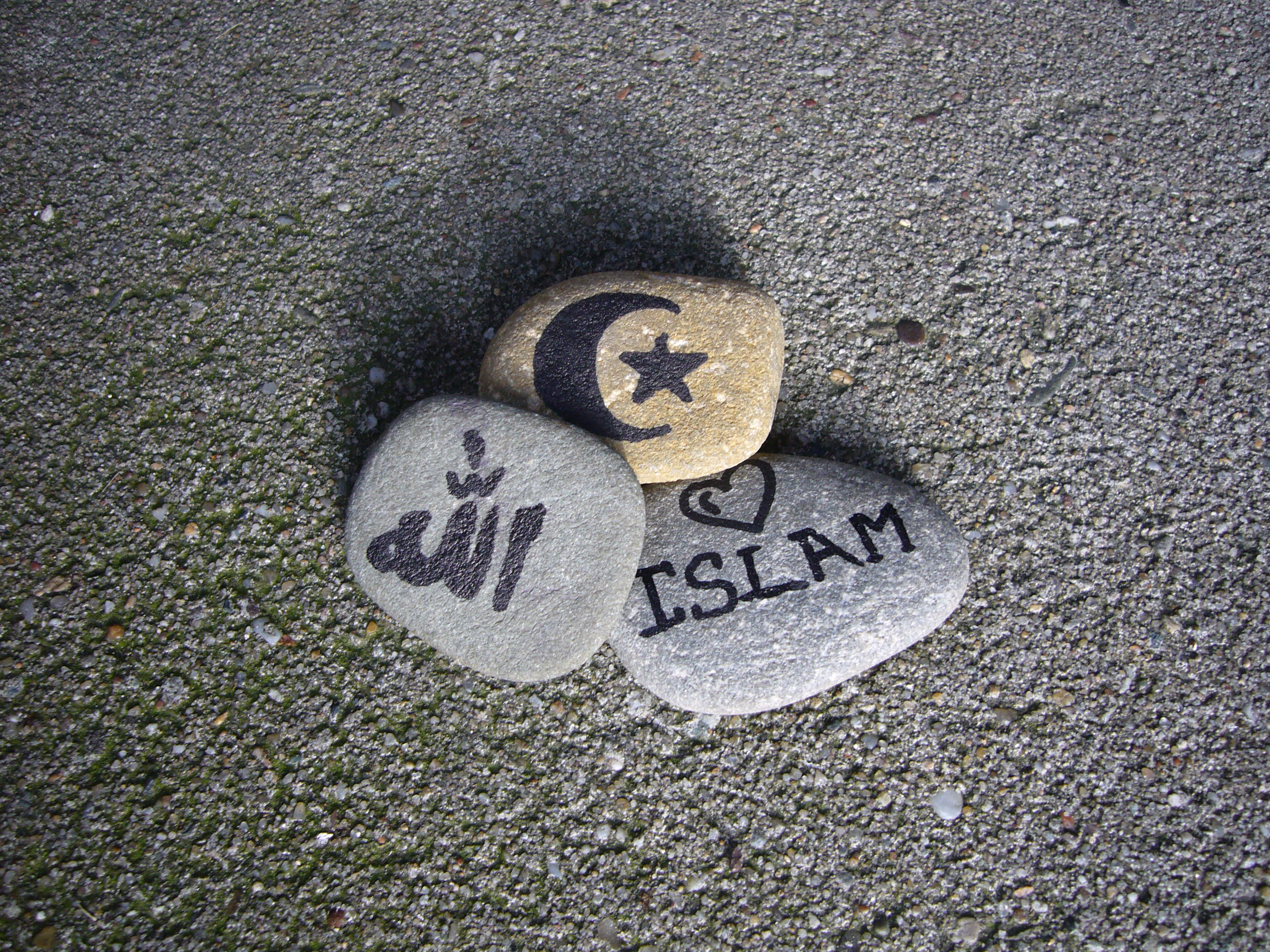Increasingly, Iran is hitting the news. Will Trump scrap the nuclear deal? Is Iran worse then Saudi Arabia? They are both theocracies after all. I've heard arguments that the clerics don't have much say in Saudi Arabia. They do! This article in Al Monitor looks at the religious clerics there. It is by Rohollah Faghihi , an Iranian journalist.
In Iran, the robing ceremony of Ahmad Khomeini, the great-grandson of Islamic Republic founder Ayatollah Ruhollah Khomeini, has stirred some debate about the Shiite clergy. The traditional ceremony where he was given his turban comes against the backdrop of a process in which clerical titles in the country have increasingly come to be driven by political rather than scholarly considerations, with virtually all factions, parties and groups using ranks in the Shiite theological hierarchy for their own political purposes. But has it always been like this in Iran?
Before engaging in the debate on the politicization of clerical titles, it is perhaps best to explain their origins. In broad terms, Shiite clerics fall under five categories: Seqat al-Islam, Hujjat al-Islam, Hujjat-al-Islam wal-Muslemin, Ayatollah and Ayatollah al-Uzma.
Before the reign of the Pahlavi dynasty (1925-1979), titles like Ayatollah or Seqat-al-Islam were used chiefly as honorifics, albeit rarely and only with reference to a limited number of prominent Islamic scholars. For instance, Muhammad ibn Ya'qub al-Kulayni (864-941) was a well-known Shiite scholar and hadith (sayings of the Prophet Muhammad) collector. His important hadith collection Kitab al-Kafi, which is respected by both Sunnis and Shiites, earned him the honorific Seqat al-Islam, which means “Trusted by Islam.” Indeed, to this day, Islamic scholars commonly refer to Kulayni when mentioning the term Seqat al-Islam. There is also the example of Iranian-born Abu Hamid Muhammad ibn Muhammad al-Ghazali, one of the most prominent philosophers, jurists and mystics of Sunni Islam. He was often referred to as Hujjat al-Islam, which means “Proof of Islam.”
From the Qajar era (1794-1925) until the early Pahlavi period, many great scholars and high-ranking clerics in Iran were still referred to with simple titles, including the honorific “Sheikh,” which is used to refer to clerics who are not descendants of the Prophet Muhammad.
In 1921, Sheikh Abdolkarim Haeri Yazdi, a high-ranking teacher in the holy Iraqi city of Karbala who had established a successful seminary in the central Iranian city of Arak, established the Qom Seminary. Known as the “Founder Ayatollah,” he organized seminary affairs, including standardizing courses and ranks. Clerical titles have since gradually been employed to designate scholarly achievements. Of note, the Islamic Republic’s founder, Ayatollah Ruhollah Khomeini, was one of Haeri Yazdi’s students.

